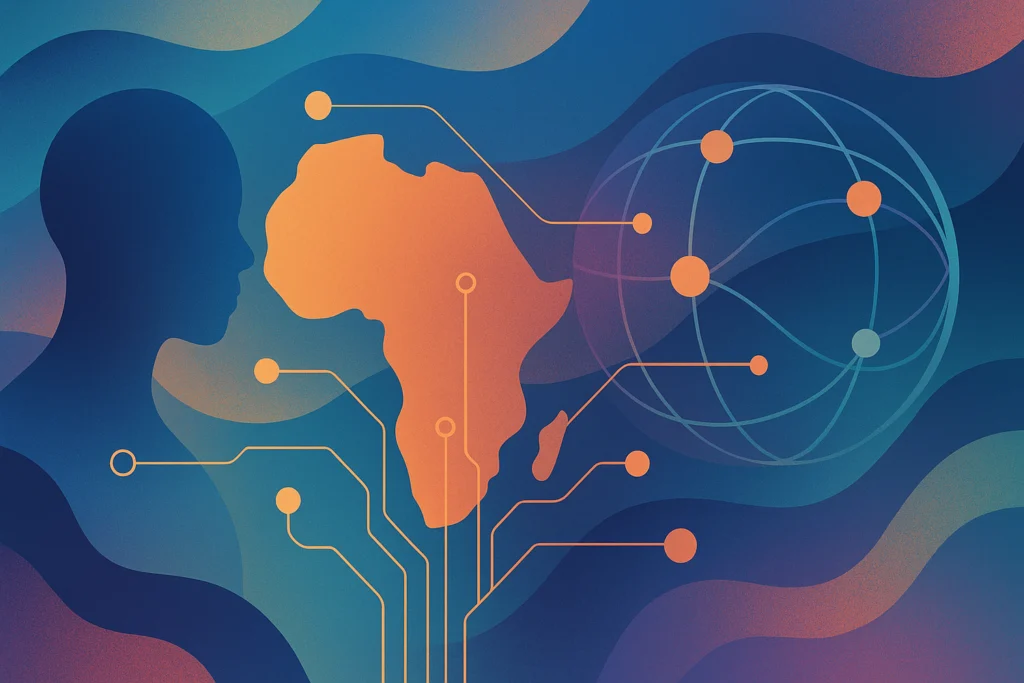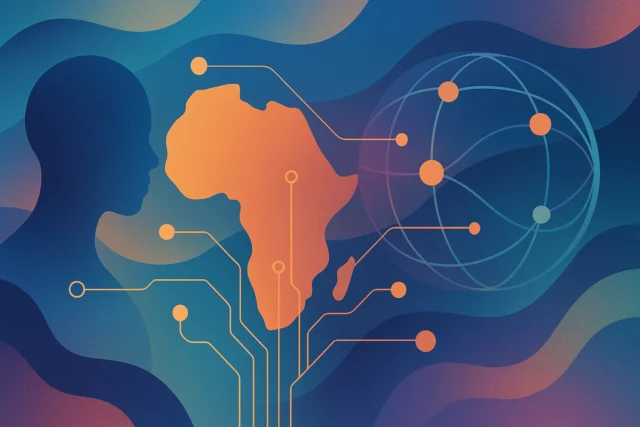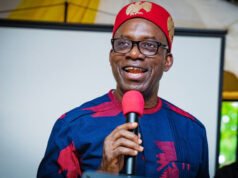In a bold move to capacitate Africa’s budding tech talent, WorldQuant University (WQU) and Sazience Technology have announced the launch of a new joint academy aimed at training Africans in applied artificial intelligence (AI) and data science. The “Sazience & WorldQuant University Learning Academy” is being positioned as a key launchpad for emerging AI professionals across the continent.
Table of Contents

WorldQuant University and Sazience Technology Strategic Partnership with Purpose
WorldQuant University, a U.S.–based non-profit institution accredited by the Distance Education Accrediting Commission (DEAC), already offers free online programmes in financial engineering and data science to learners in over 190 countries. Sazience Technology is a regional player in digital transformation and talent development, especially across Africa and the Middle East. Together, they hope to bridge skills gaps in AI and data science in Africa.
In official statements on LinkedIn, WQU said the collaboration “expands access to world-class, applied education—equipping talented professionals across the continent with the skills to drive innovation and solve real-world challenges.” Sazience, for its part, described the academy as “a launchpad for Africa’s brightest minds in Artificial Intelligence and Data Science — developing professionals who will design, build, and lead solutions to the continent’s most pressing challenges.”
This venture is more than a training programme. It is a concerted push to place Africa as an active participant—and leader—in the global AI conversation.
WorldQuant University and Sazience Technology Focus on Applied Skills, Real Impact
One of the central differentiators of this academy is its emphasis on applied learning. Rather than purely theory, students are expected to engage with hands-on projects that tackle real problems. This approach aims to equip graduates not just with technical knowledge, but with experience in translating that knowledge into actionable solutions.
The founding partners intend for the academy to have strong regional relevance. That means the curriculum, case studies, and whatever tools or models students build will ideally reflect African contexts: health, agriculture, infrastructure, finance, and more.
Sazience notes that the academy is structured to nurture holistic professionals—those who not only know algorithms and libraries, but also understand deployment, ethics, governance, and socio-economic implications of AI application in African societies.
The initiative is also supported by international collaborators — one of them being Qintess — to bring additional technical capacity, domain expertise, and perhaps industry exposure to the programme.

Inaugural Cohort: Diversity in STEM Backgrounds
The first intake comprises students drawn from various STEM and engineering disciplines: biomedical engineering, computer science, embedded systems, and applied AI, among them. This diversity suggests that the academy is not restricting entry to AI specialists but rather welcoming those with solid technical grounding who can pivot into AI or data science trajectories.
While details about numbers, selection criteria, or geographic distribution of students have not been fully disclosed at launch, this broad inclusion signals intention: attracting capable talent wherever they are and offering them a transformative opportunity.
Sazience describes the launch of this first cohort as more than the opening of a training pipeline. It is, in their words, “the beginning of a movement — one that places Africa at the centre of global conversations on AI, innovation, and digital transformation.”
Challenges and Outlook
Launching a pan-African AI and data science academy is ambitious, and success will rest on how some key challenges are handled:
- Access & Equity: To reach untapped local talent, the program must manage connectivity issues, unequal access to computing resources, and differing baseline skill levels across countries.
- Sustainability & Funding: Long-term viability will require clear funding models, partnerships with industry, and pathways for graduates to be absorbed into businesses or start their ventures.
- Local Relevance & Context: The temptation is always to import curricula developed in North America or Europe. To be truly impactful, course materials must be contextualised to African infrastructure, languages, data environments, and regulatory regimes.
- Industry Linkage & Employment: Graduates must be plugged into job pipelines, internships, or project-based work to avoid the “training without opportunity” trap.
- Ethics, Governance & Safety: In Africa, AI deployment must navigate challenges around data privacy, bias, equitable outcomes, and public trust. These must be integral to the curriculum, not afterthoughts.
If well executed, the Sazience & WQU academy could become a beacon of excellence for AI training in Africa—offering a credible alternative to Western-based programmes, but deeply rooted in local priorities.
Why It Matters to Nigeria and Africa
For Nigeria — and African nations at large — this initiative comes at a critical juncture. Governments, private sector, and civil society are increasingly aware that data and AI are no longer luxuries but strategic assets. How nations harness them could influence economic growth, public service delivery, climate response, and global competitiveness.
The academy opens a route for promising Nigerians who may not have access to expensive overseas programmes or the resources to attend campus-based institutions abroad. If graduates can build AI tools for agriculture, energy, health, logistics, or governance, the multiplier effect could be significant.
Moreover, the visibility of such high-profile collaborations helps to raise public awareness, builds confidence in African tech ecosystems, and may inspire further investments from global institutions.
Already, Nigeria has seen strong AI activity in startups, research groups, and emerging institutions—this academy could help knit together those efforts under structured, sustainable training and talent development pathways.

Conclusion
With the launch of the Sazience & WorldQuant University Learning Academy, Africa takes a decisive step toward shaping its own AI futures. By prioritising applied education, regional context, and professional readiness, the initiative aims to empower a generation of Africans who will not only use AI but also lead its development.
Challenges remain, but the foundation is promising. If the partners succeed in delivering on access, relevance, industry linkage, and sustainability, this academy could become a reference model within Africa and beyond.
Let me know if you want me to adjust this (tone, length, more focus on Nigeria) or produce a version ready for your website.
Join Our Social Media Channels:
WhatsApp: NaijaEyes
Facebook: NaijaEyes
Twitter: NaijaEyes
Instagram: NaijaEyes
TikTok: NaijaEyes





